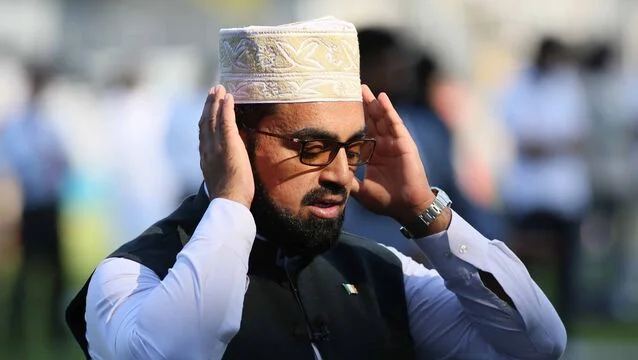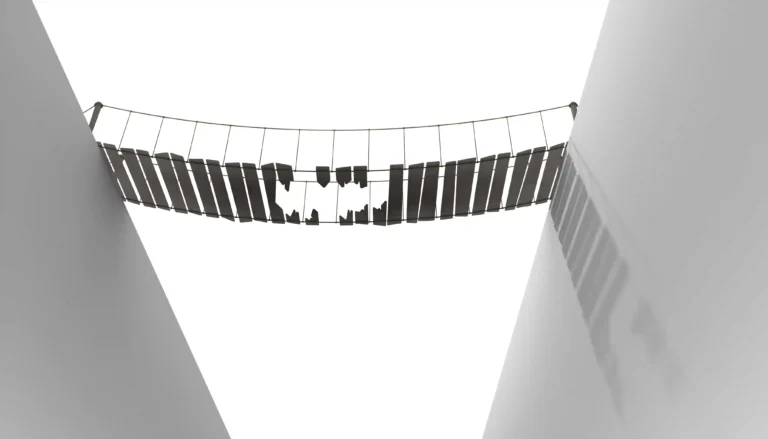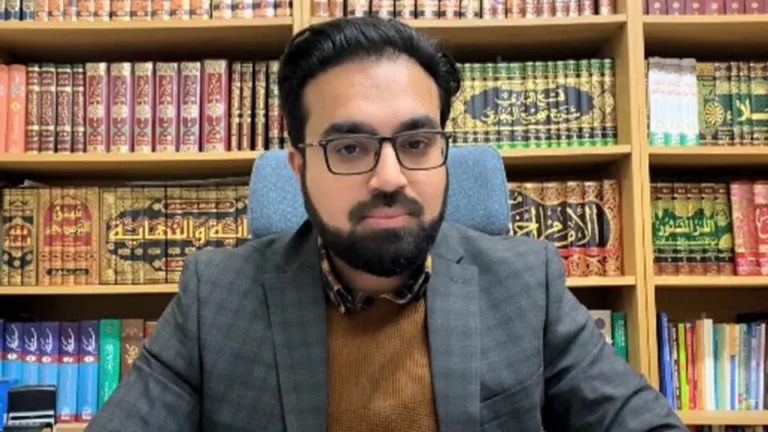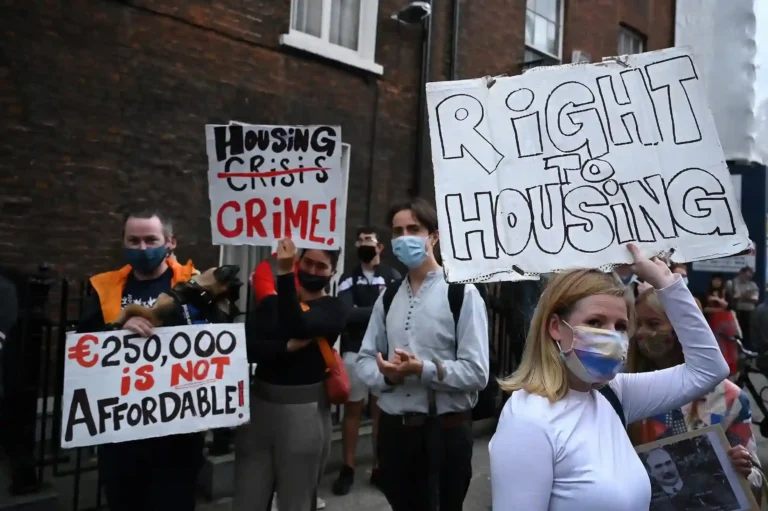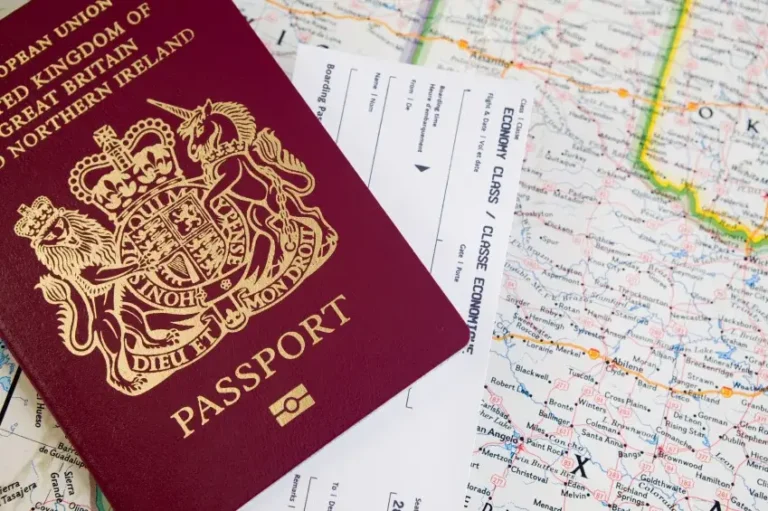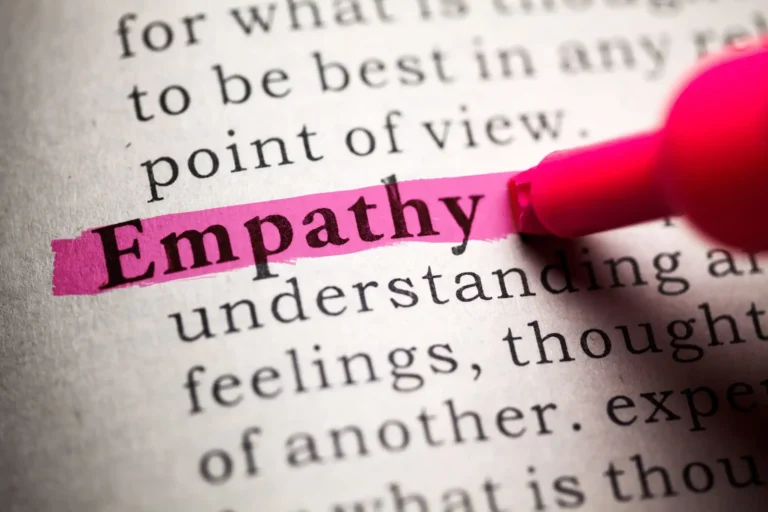The Muslim Funeral Prayer (Salat al-Janazah) By Dr Umar Al-Qadri
The landscape of Ireland has changed rapidly in the past 20 years. More than 12% of the Irish nation consists of the new Irish, immigrants that have made Ireland their home. Among these new Irish are almost 70,000 Muslims.
Muslims are the largest faith community after Christians in Ireland according to the 2011 census. Every community has its own tradition of dealing with the Death. In this chapter we will try to give the readers the Muslim perspective of the death and rituals involved in it.
Death is the reality from which nobody can escape. The Islamic scripture, The Quran, states: “Every soul shall taste death” (Quran 29:57).
According to Islamic teachings death is not a disaster, but simply a passing from this world to the next. The death of someone close should make one reflect and ponder about the meaning and purpose of life. While death is a passing to the next world for the deceased, for his or her family members it is undoubtly a severe loss.
A loss of a Muslim individual is not just regarded as a loss to the family but to the whole Muslim community as well. It is common for people who may not know an individual personally to attend his or her funeral. In fact Muslims are encouraged to attend any Muslim’s funeral due to the profound personal, social and spiritual significance of such an event.
The funeral prayer is a collective obligation (Fard Kafaya) upon the Muslims. As long as some of the Muslims offer it, the obligation is fulfilled for all of the Muslims. As long as the community meets that obligation, participation in the funeral prayer is strongly recommended for the individuals who wish to participate in it.
The Prophet Muhammad (Peace be upon Him) said: “Whoever prays the funeral prayer for someone will receive a mountain of reward. Whoever then follows the deceased until burial will receive double that reward.”
[Sahîh al-Bukhârî (1325) and Sahîh Muslim (945)]
Muslims strive to bury the deceased as soon as possible after death.
The main steps involved are washing the body of the deceased, shrouding it, performance of the funeral prayer and finally the burial. Only selected relatives and community members, due to the intimacy involved with the body, perform the first two steps. Sometimes family members do not have the experience nor training to perform the washing of the body and the local Imam instead will wash the body of the deceased.
The funeral prayer is a Muslim ritual, which must be performed by Muslims, though observers are welcome. I have witnessed personally many non-Muslim family members, colleagues and friends at the funeral prayer of a Muslim individual.
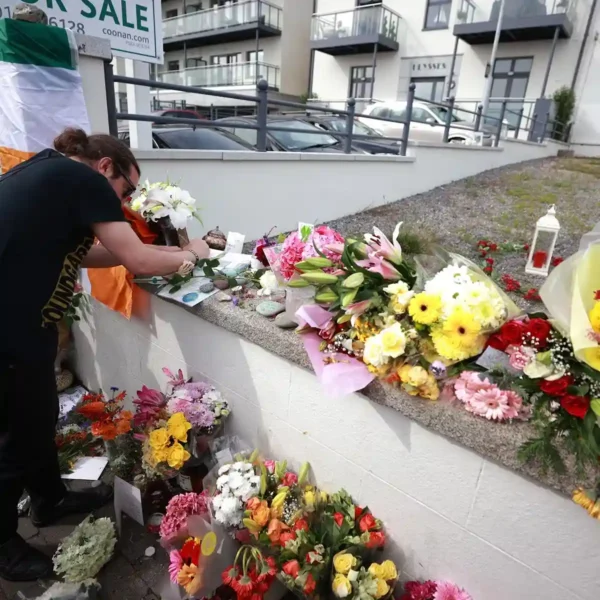
As Muslims we are also encouraged to attend and show respect to the funeral of our non-Muslim family members, colleagues and friends. An authentic Hadith transmission reports that as a funeral of a Jew passed before Prophet Muhammad (Peace be upon Him), he stood up as a sign of respect. In doing this, he showed respect and shared in the feeling of sorrow with the Jewish family and community. “Why did you stand up for a Jewish funeral?” he was asked. He replied: “Is it not a human soul?” [Sahih Bukhari 1250, Sahih Muslim 961]. Prophet Muhammad (Peace be upon Him) was teaching his community (Ummah) about out common humanity.
As far as the attendance of women in the funeral prayer is concerned, women from the Muslim faith commonly do not usually attend the funeral however should non-Muslim women wish to attend they are advised to dress according the following dress code, as they will be visiting the Mosque where the funeral prayer is held.
The dress code for men and women should be modest. Since modesty is a relative term, from the Muslim perspective this means a shirt and trousers for men and an ankle length skirt, which should not be tight or transparent, together with a long sleeved and high-necked top for the women. A headscarf is also recommended. Shoes are removed before going into the prayer hall.
At the funeral prayer the congregation will line up in rows behind the deceased coffin to perform the Funeral prayer. It should be noted here that the funeral prayer is performed for the deceased and not to the deceased. Following its completion the congregation will form two lines and pass the coffin from shoulder to shoulder taking it towards the graveyard.
Visitors are welcome to follow the congregation as they move the coffin towards the grave however a short distance should be kept thereby allowing the congregation walking space to carry the coffin.
Once at the grave, members of the family will lower the coffin and the grave filled. The Imam will then say a few final prayers at the graveside and following this, the congregation will disperse. The immediate members of the family most likely remain at the graveside for a short while longer; this may be an opportune time for visitors to convey their condolences if they so wish.
The following words are always said to the family members while conveying condolences “Inna Lillahi Wa Inna Ilaihi Rajioon”, Surely we belong to God and to God we will return. “May Allah forgive the deceased and grant him/her Paradise”.

